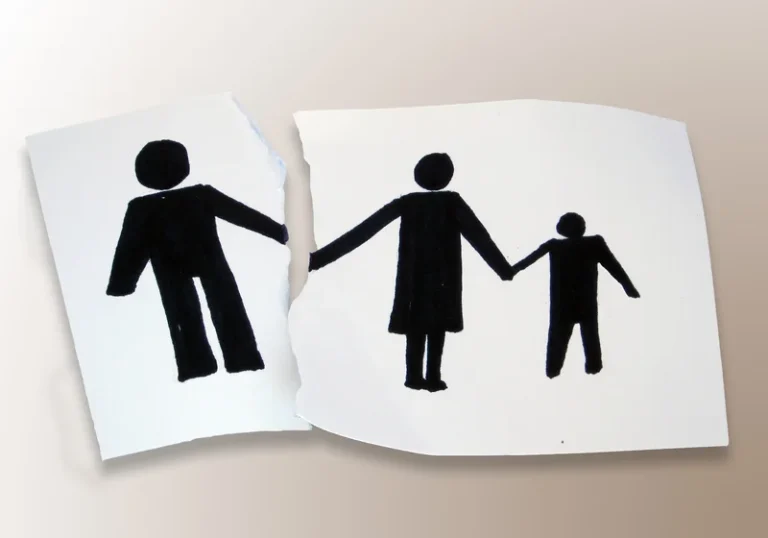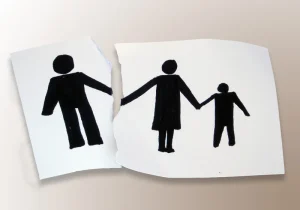
Outpatient rehabilitation enables clients to continue living at home and carrying out their daily responsibilities while receiving treatment. These services include individual counseling, group therapy, educational workshops, and relapse prevention techniques. Outpatient treatment is optimal for individuals with less severe addictions or those transitioning from inpatient treatment. Assisting a loved one through the painful and unpleasant stages of detoxing from alcohol or drugs https://ecosoberhouse.com/ can be terrifying.
Best Sober Hobbies to Explore
- While the individual has a right to refuse an examination, a court can take a person into custody despite their refusal.
- It is a disease that takes control of an individual’s thoughts and behaviors.
- When relapse happens, it’s important not to blame your loved one or get frustrated and angry with them.
You can also quickly and easily check your loved one’s insurance coverage for free by filling out the form below. It provides an opportunity for the entire family to come together and address the impact of addiction on relationships and dynamics. By participating in family therapy sessions, you can gain a deeper understanding of addiction and learn effective ways to support your loved one’s recovery. Preparing for the conversation is an essential step in helping your loved one recognize the need for rehab. By educating yourself about addiction, gathering information and resources, and engaging supportive individuals, you can approach the conversation with confidence and compassion.

When Is Addiction Help Needed?

Navigating the logistics of rehab can be overwhelming, but with proper research and planning, you can ensure a smoother process. Remember to consult with the chosen rehab facility for specific instructions and guidance throughout the admission process. Recognize signs, approach the conversation, and navigate logistics with care. The options available to your loved one depend on their needs, insurance, and co-occurring health conditions, among many other factors. Understanding the signs and symptoms of addiction is the first step to getting help for your loved one.
What to Do if Your Loved One Doesn’t Want Help
- These individuals can offer valuable insights, help you plan and strategize, and provide emotional support for both you and your loved one.
- Fortunately, many workers can take leave under the Family Medical Leave Act.
- Our goal is to establish a positive connection so they understand they’re in a safe space that offers the compassion and support they need for long-term recovery.
Under medical supervision, toxic substances are eliminated from the body. Medical professionals can provide medications and support to alleviate withdrawal symptoms, making the process safe, pleasant, and feasible. The initial step toward treatment is encouraging a loved one to recognize their addiction. It is crucial to approach them with empathy, understanding, and without judgment, fostering an atmosphere where they feel secure and supported. There are a variety of treatment options and strategies that can help your loved one overcome addiction. Early intervention and support are essential for addressing these co-occurring issues and preventing long-term adverse effects.
Guiding Conversations: Steps on How to Get Someone Into Rehab

Key indicators with recent, credible statistics available are examined below. Sober living homes (also referred to as recovery residences) are group homes that help recovering addicts transition from treatment facilities to living on their own, while maintaining sobriety. They are especially helpful for those who don’t have a supportive and positive environment to live in after rehab. If you are pursuing treatment that will be covered by insurance, your first step will likely be scheduling an assessment by a qualified individual such as a therapist or counselor. Most facilities provide assessments, or your primary care provider may be able to refer you. Contact companies in our database above to find out if they will provide this service.
Sobriety Strategies: 13 Tips for Staying Sober

You should also know the different types of treatment programs and support groups. Other options beyond drug court include the completion of an SUD assessment by a professional who will determine if treatment or a court order to attend a treatment program is appropriate. Encouraging a loved one to seek help how to get a family member into rehab can be complicated if they don’t fully comprehend the addiction’s severity. If this is the case, it’s essential to understand how to guide a family member, friend, or significant other toward getting help—even if they are resistant to the idea at first.
- The overall number of homeless people in Syracuse has slightly decreased since 2012, but there was a considerable spike in 2014 when there were over 1,000 people without a home.
- Fortunately, all major health insurance plans have coverage for addiction treatment.
- These resources can provide valuable information, guidance, and a sense of community for both the person struggling with addiction and their loved ones.
- A rehabilitation program for addiction is designed to help you learn how the addiction took hold, and what you can do to control and combat that addiction in the future.
- If you notice these signs in someone you care about, it may be time to consider discussing the possibility of rehab.
Involuntary Rehab Laws
Encourage them to open up about their struggles and feelings, and be an active listener. Showing empathy and understanding can help create a safe space for an open and honest discussion. If you have a loved one struggling with addiction, getting them into rehab can be a challenging but crucial step towards their recovery. Here are some tips to help you navigate this delicate situation and encourage them to seek the professional help they need. Additionally, it’s crucial to manage your expectations and understand that the decision to enter rehab ultimately lies with the individual. Recognize that change takes time and that the person may need support and encouragement along the way.
If you can’t convince your loved one to check into rehab independently, you can force them. Many states allow parents to force their underaged children to attend drug and alcohol rehab without their consent. Involuntary rehab stays may increase the rate of relapse and overdose for the individual upon release. If a person feels they are being held against their will, they may resort back to previous use, only this time with a reduced tolerance, which increases the risk of overdose. When someone is placed into rehab involuntarily, the hope is that the treatment will help them find intrinsic value within themselves, which will then drive the individual to want to work toward recovery.
Input your zip code and select the filter icon to find relevant rehabs near you. Council on Addiction Recovery Services, Inc. (CAReS) provides residential inpatient treatment services to the Southwestern portion of New York. The rehab’s weakest performance came on “Rehabilitation Services Provided – it was given a score of 5.67 since it only offers nine unique rehabilitation services. It notably doesn’t offer disulfiram (Antabuse®) or acamprosate (Campral®). For example, a study published in the Indian Journal of Psychiatry found 75 percent of addicted individuals who did not seek treatment were afraid of withdrawal symptoms.



 Tutti i diritti riservati. |
Tutti i diritti riservati. |